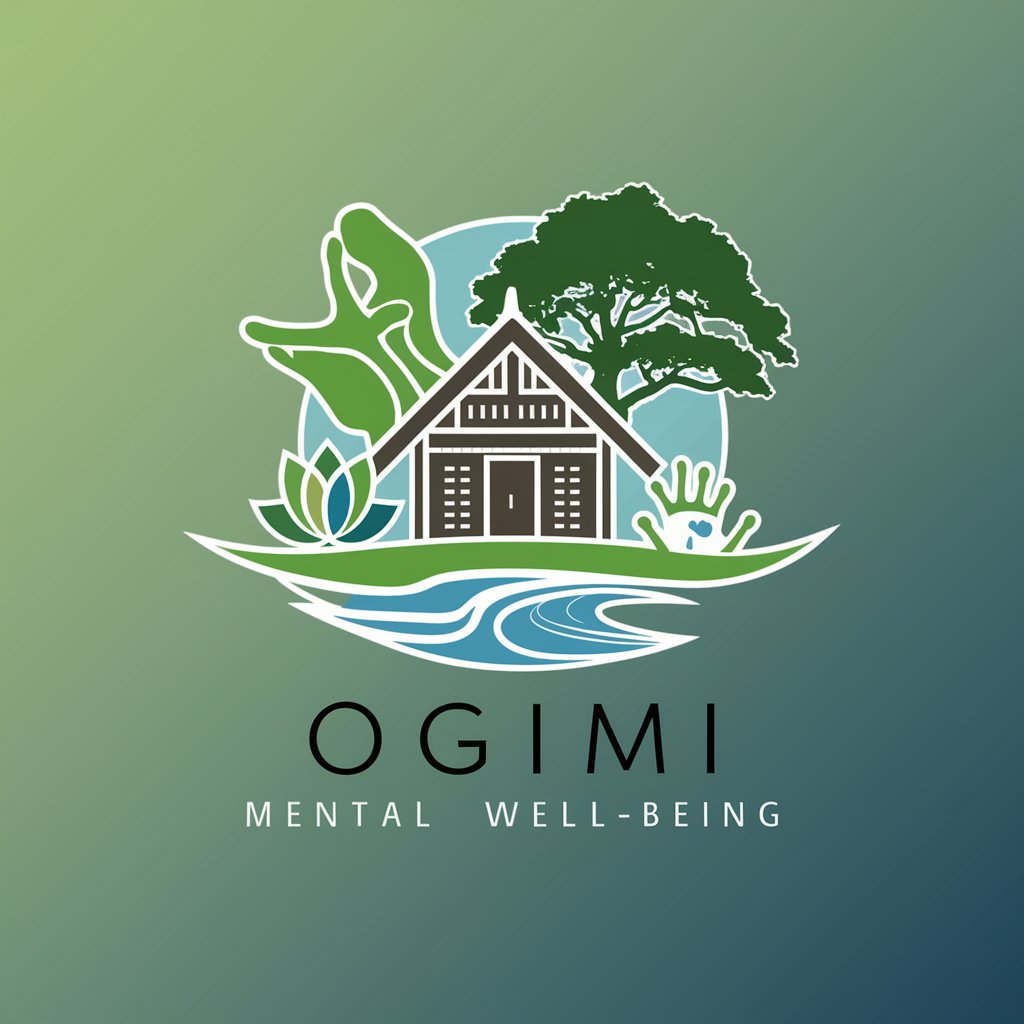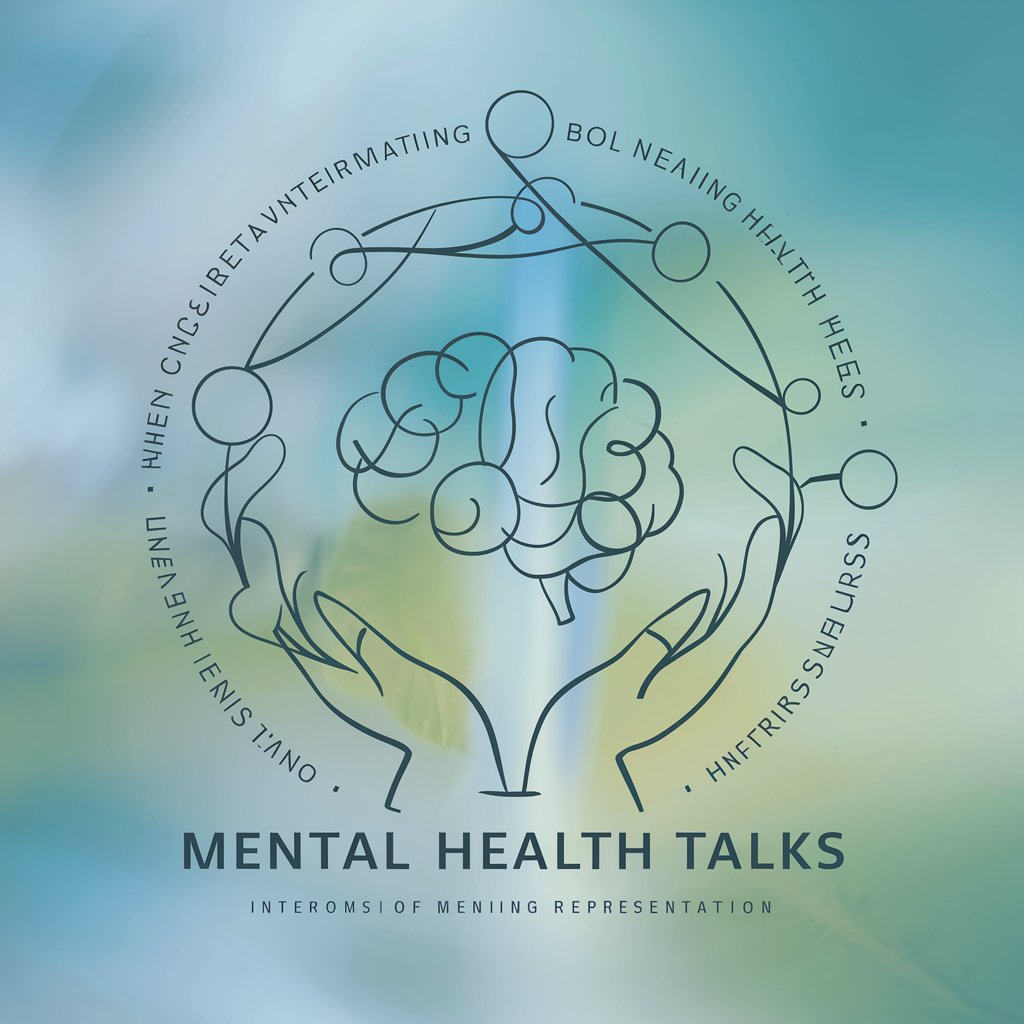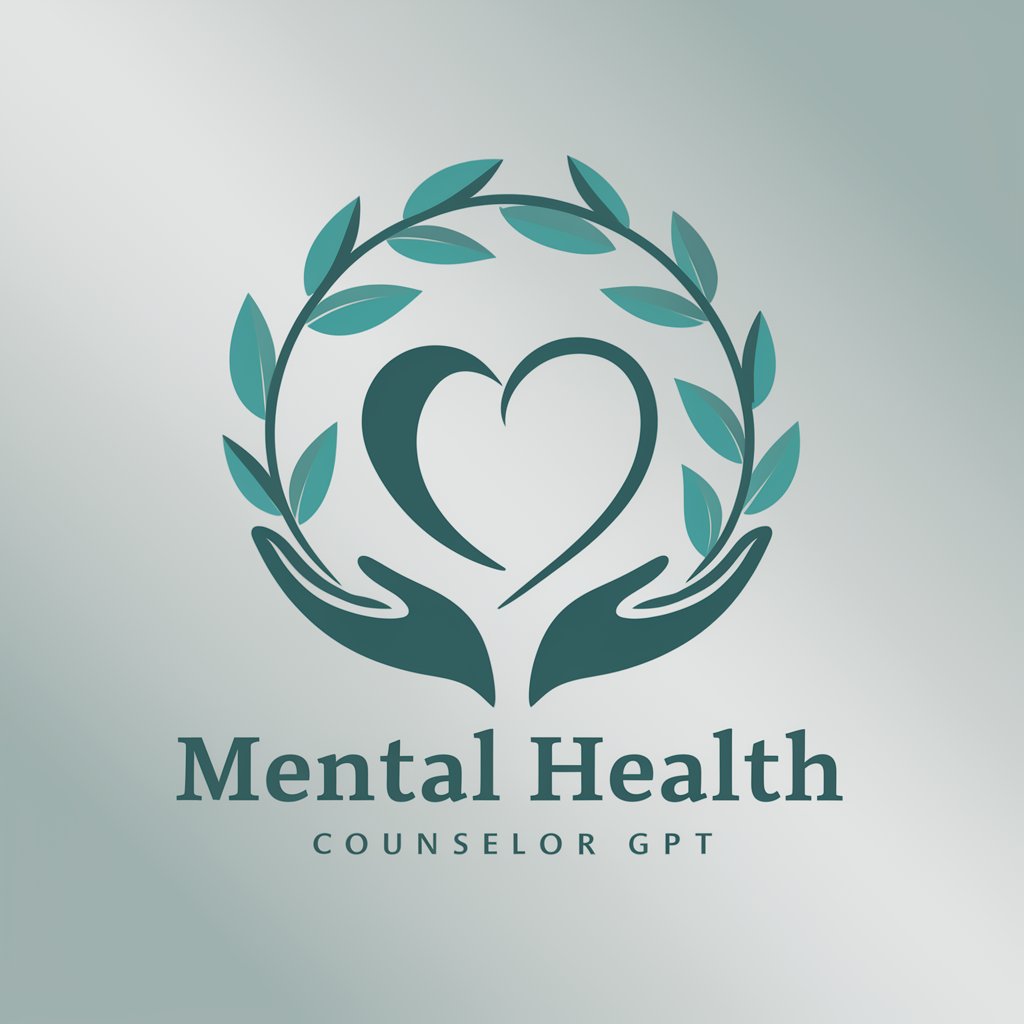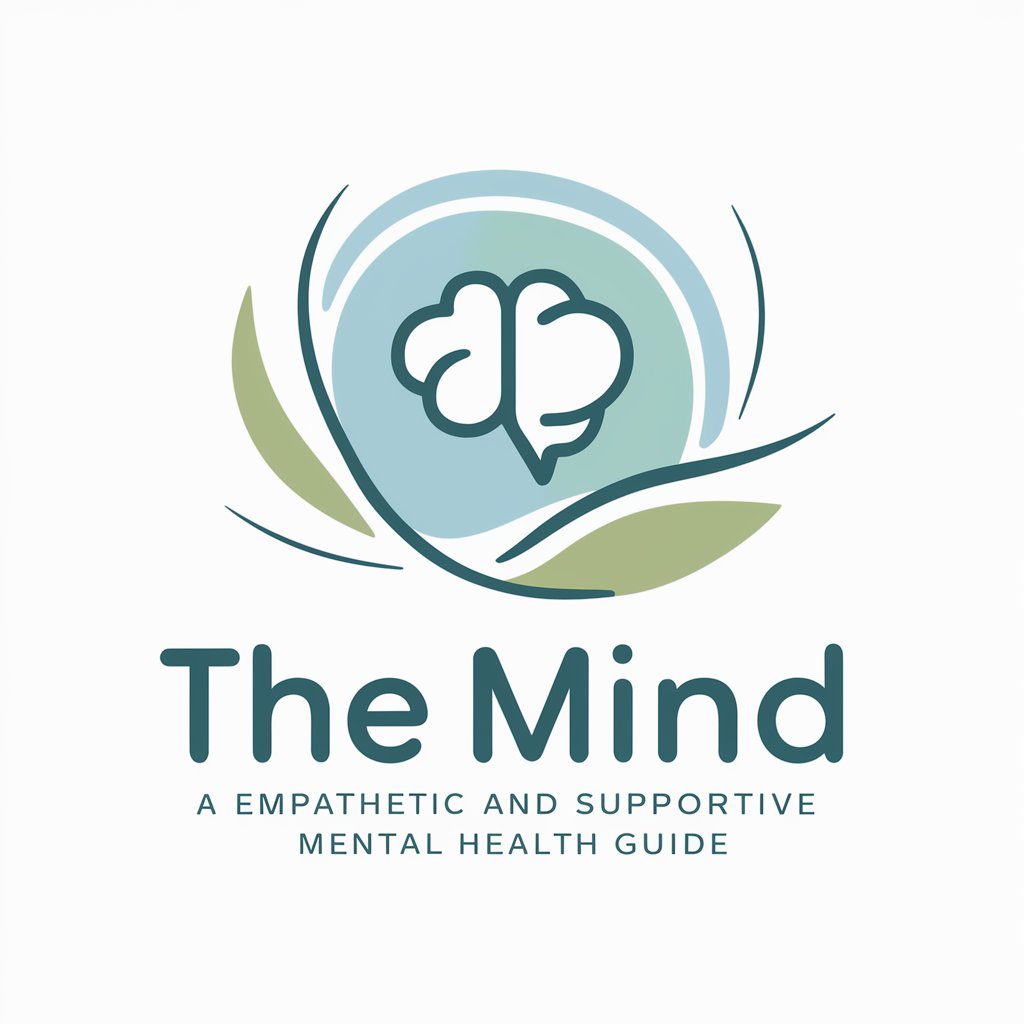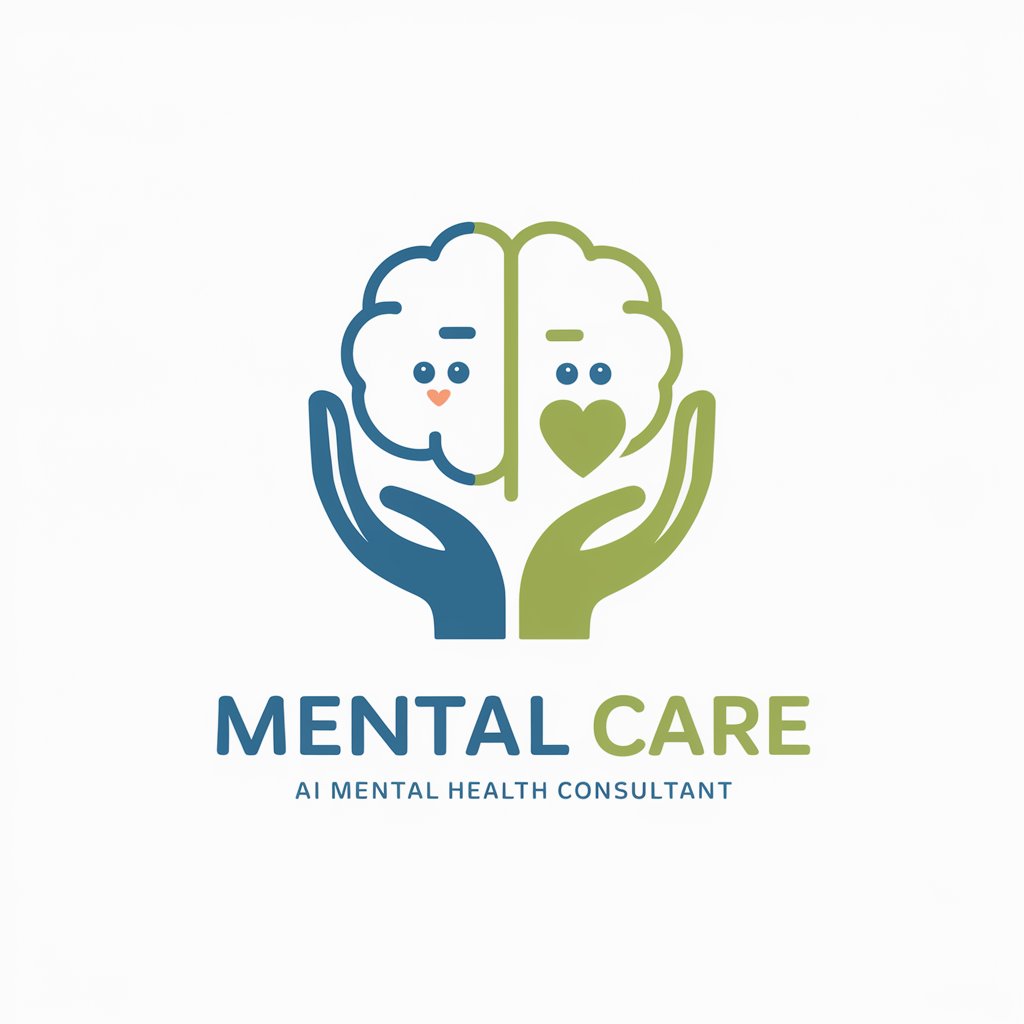
Mental Health Education - Mental Health Educational Support
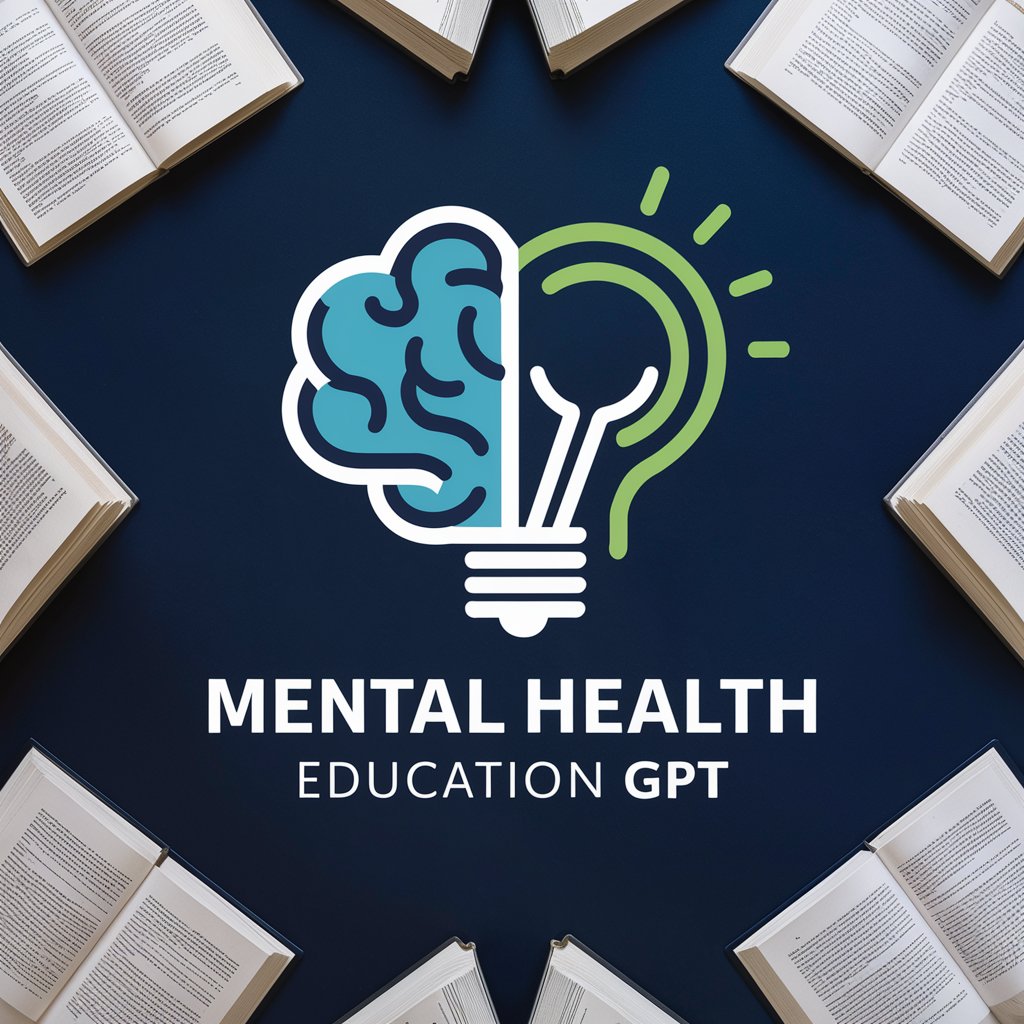
Welcome to the Mental Health Education GPT! How can I assist you today?
Empowering mental health professionals with AI-powered insights.
Can you explain the key differences between CBT and DBT?
What are some effective stress reduction techniques for clients with anxiety?
How can cultural competency be improved in mental health treatment?
What are the latest developments in PTSD treatment?
Get Embed Code
Introduction to Mental Health Education
Mental Health Education serves as a specialized tool designed to support mental health professionals by providing comprehensive, evidence-based information on a wide array of mental health conditions and treatments. It aims to enhance the knowledge base of clinicians, therapists, social workers, and educators within the mental health field. For instance, a detailed overview of Cognitive Behavioral Therapy (CBT) might include its theoretical foundations, application strategies, and evidence supporting its efficacy in treating conditions like depression and anxiety. This tool is structured to offer not just factual data but also to guide professionals in applying this knowledge in clinical settings, thereby improving patient outcomes. Powered by ChatGPT-4o。

Main Functions of Mental Health Education
Evidence-Based Research Dissemination
Example
Providing updates on the latest research findings related to the effectiveness of various treatment modalities.
Scenario
A therapist looking to integrate new, evidence-supported techniques into their practice for treating PTSD might use this tool to find the latest research on EMDR (Eye Movement Desensitization and Reprocessing).
Treatment Modality Overviews
Example
Detailed explanations of various treatment approaches, such as psychotherapy, medication management, and emerging treatments.
Scenario
A clinical social worker seeking to understand the nuances of Dialectical Behavior Therapy (DBT) for a client with borderline personality disorder could find comprehensive information on its framework, techniques, and client suitability.
Crisis Management Strategies
Example
Guidance on handling mental health crises, including suicide prevention and immediate response strategies.
Scenario
An educator confronting a potential mental health crisis among students might use the tool to access immediate steps for intervention and support, alongside long-term strategies to address mental health in educational settings.
Ideal Users of Mental Health Education Services
Mental Health Professionals
Clinicians, therapists, psychologists, and psychiatrists who require up-to-date, evidence-based information to support their clinical decisions, treatment planning, and ongoing professional development.
Social Workers and Educators
Individuals working in social services or educational settings who need to understand mental health issues, intervention strategies, and how to support individuals with mental health conditions in non-clinical environments.
Mental Health Advocates
Advocates and policy makers seeking comprehensive insights into mental health issues, treatments, and best practices for promoting mental wellness and policy development.

How to Use Mental Health Education
Initiate Free Trial
Begin by accessing yeschat.ai to start a free trial without the need for logging in or subscribing to ChatGPT Plus.
Identify Your Needs
Clarify your objectives with the tool, whether it's for educational purposes, professional development, or client support.
Explore Features
Navigate through the platform to familiarize yourself with its features, including accessing research, treatment modalities, and wellness strategies.
Utilize Interactive Q&A
Engage with the interactive Q&A functionality to ask specific questions related to mental health topics of interest.
Apply Knowledge
Incorporate the insights and information gathered into your practice or studies for enhanced understanding and application.
Try other advanced and practical GPTs
Rust: A New Horizon in Systems Programming
Streamlining C++ to Rust conversion with AI
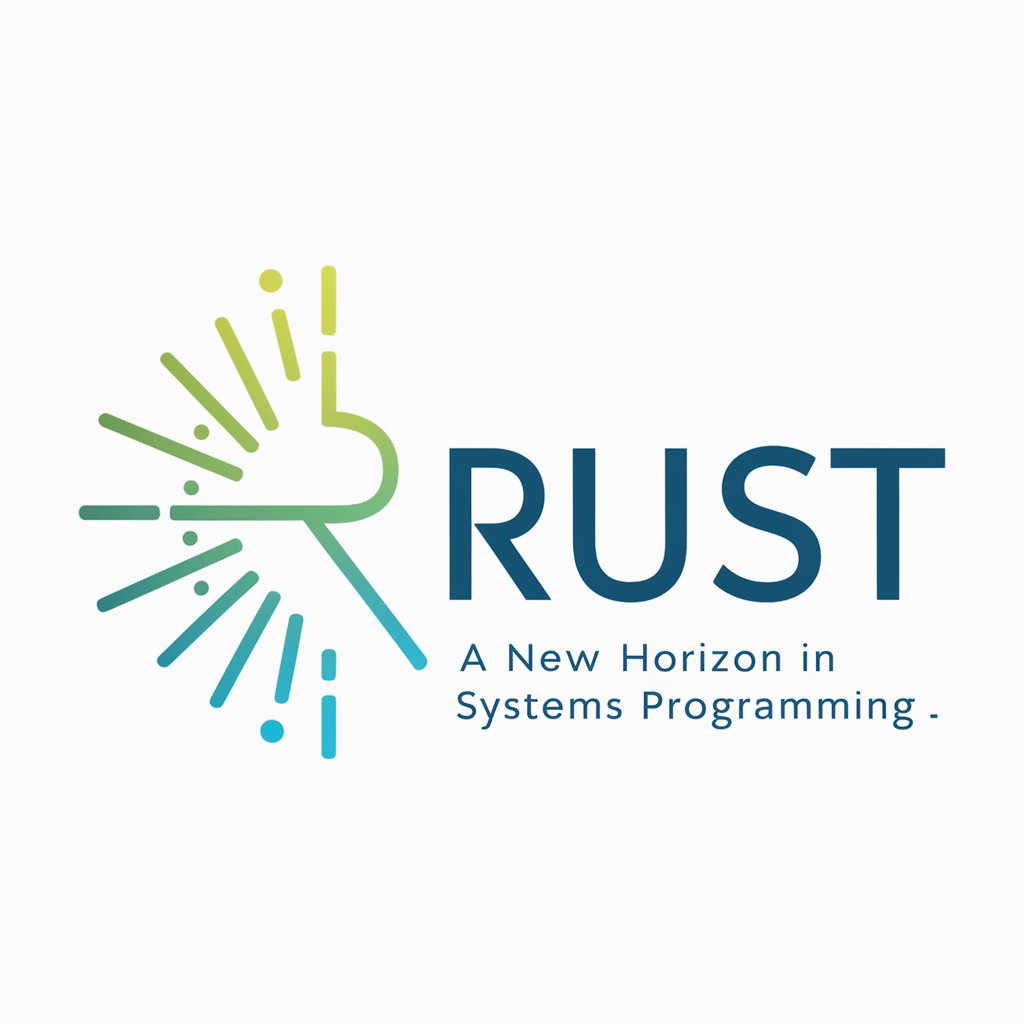
Data Engineer Project Guide
Empowering Data Projects with AI

Problem Solver
AI-powered solutions for any problem
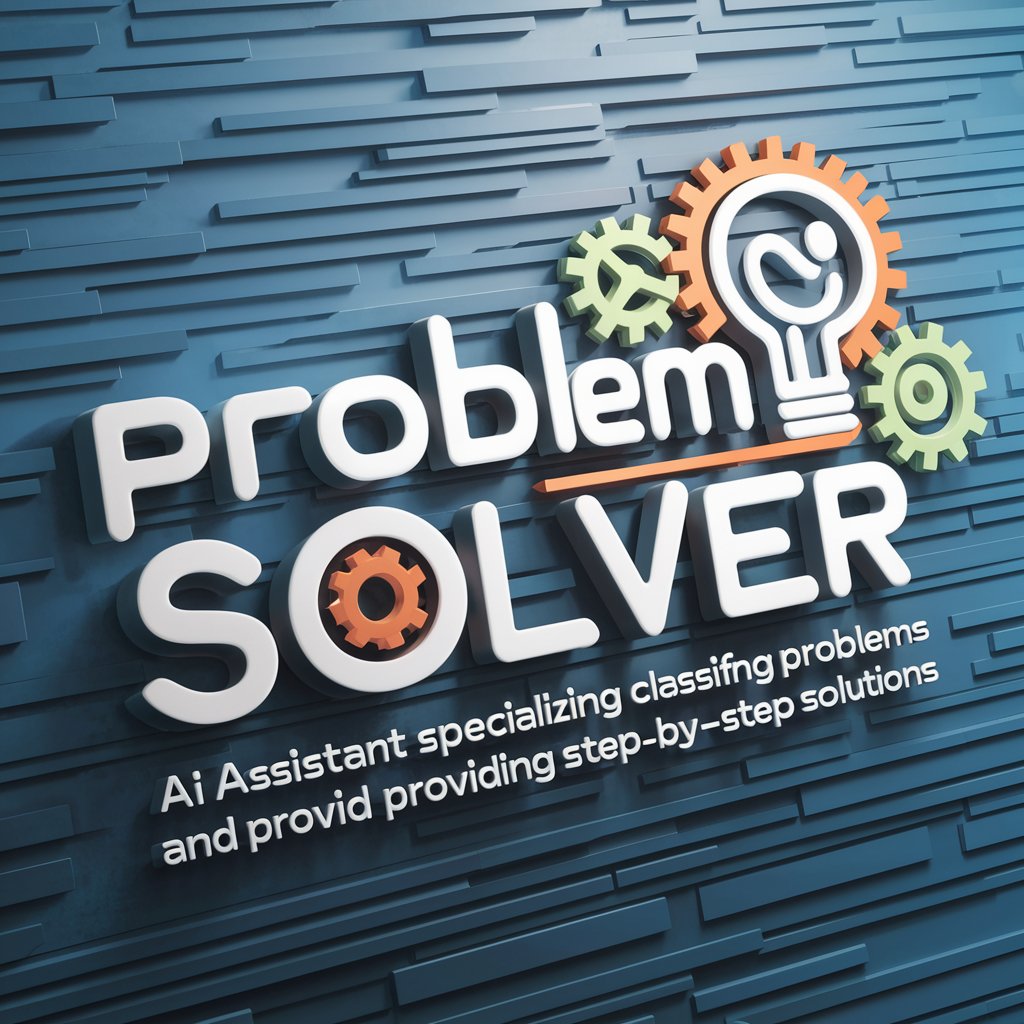
Whisper | Habit Coach
Empowering habits with AI support.
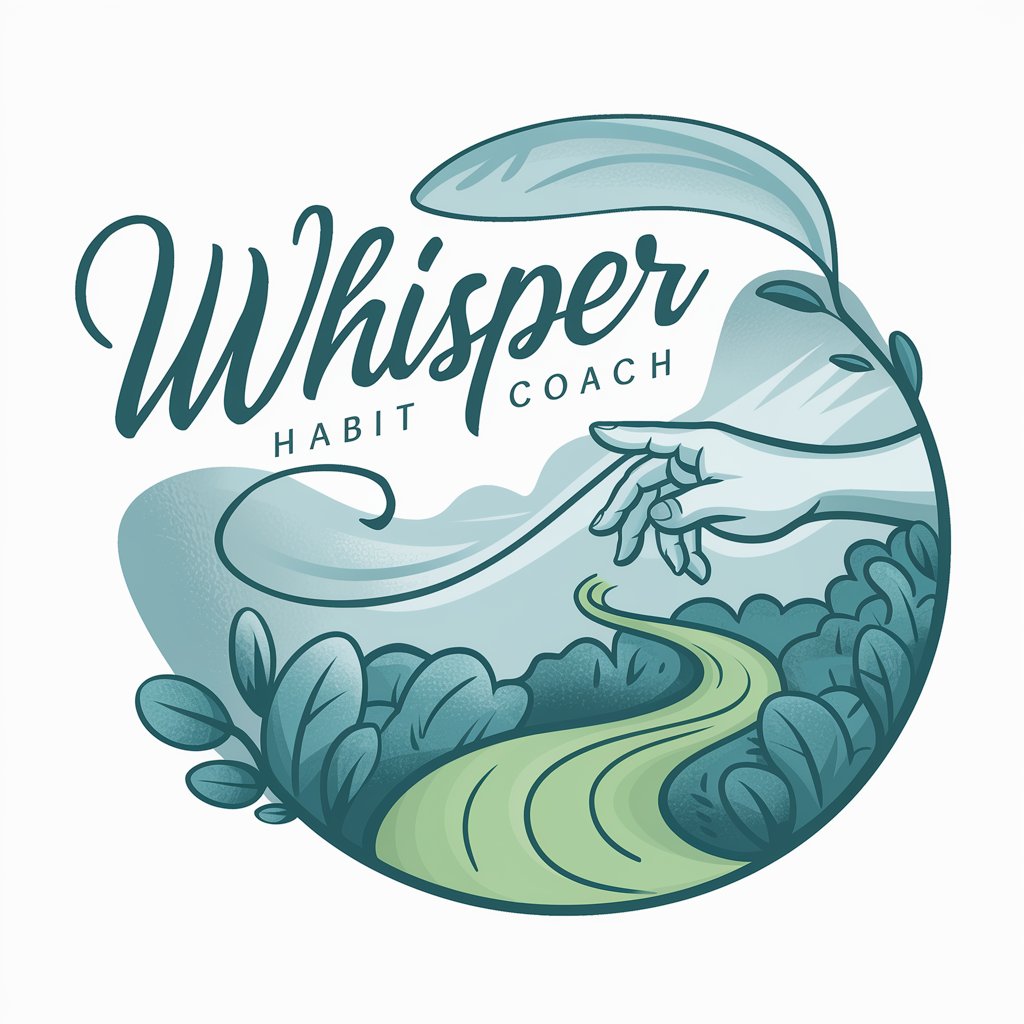
Mathematician for Family Law
Empowering decisions with AI-driven insights
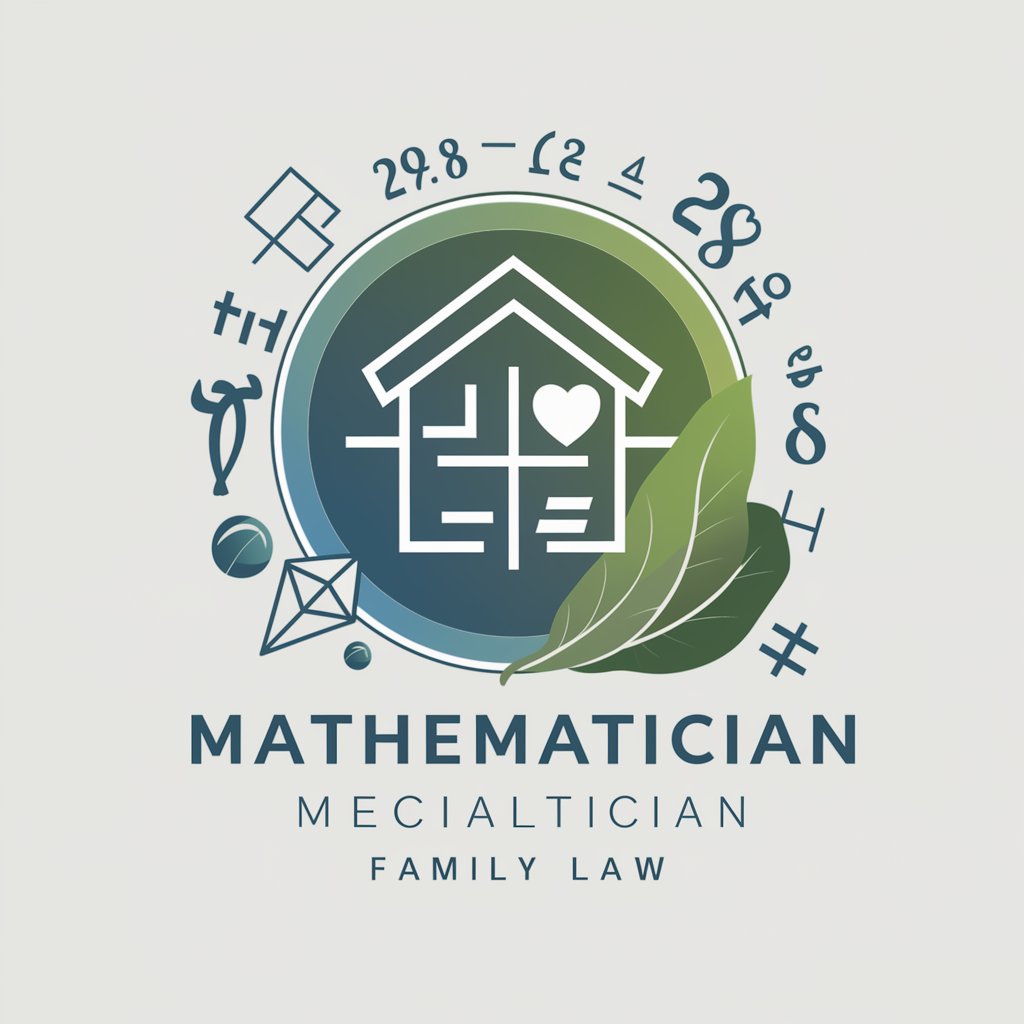
PartyPlanner
AI-powered Effortless Party Planning
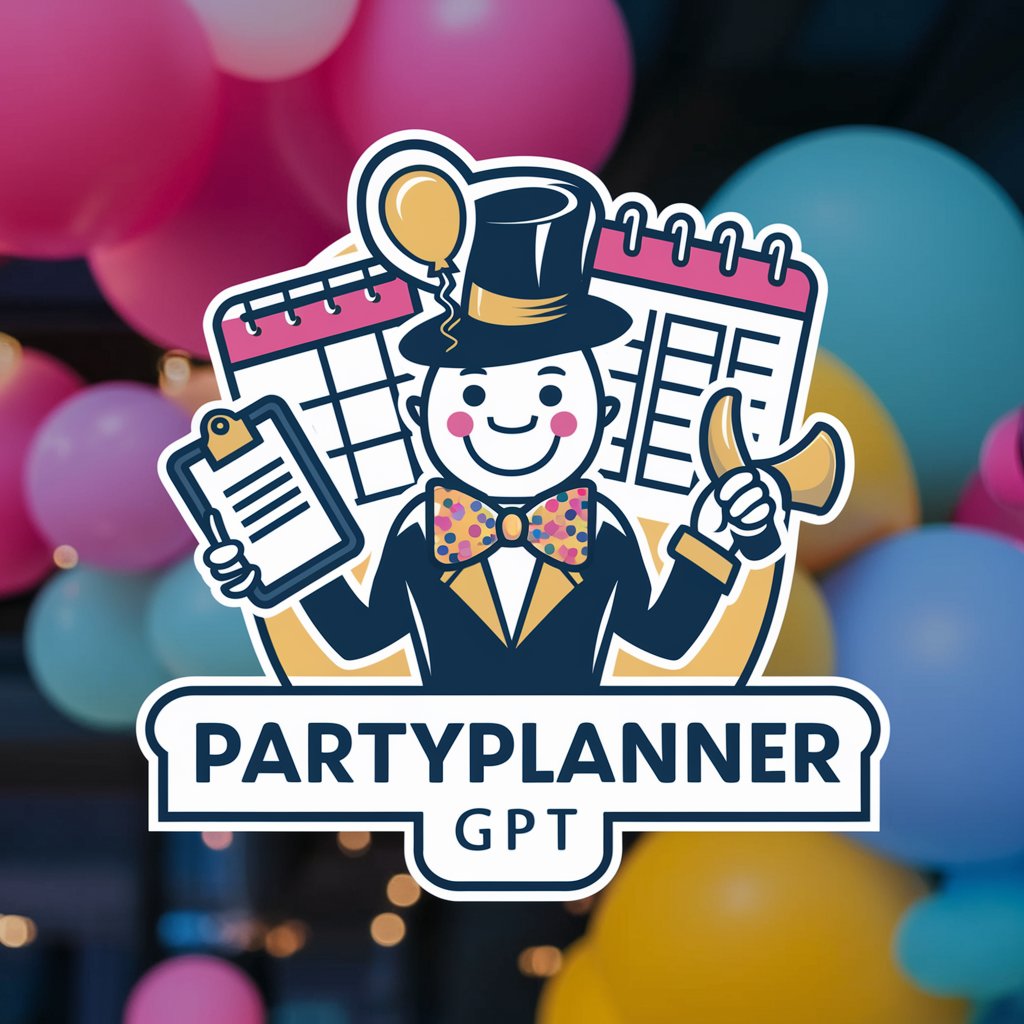
Age of Reformation
Shape Europe's Faith in the Reformation Era

Cinematic Navigator
Tailoring Your Flight's Viewing Pleasure

mferGPT
Empowering the mfer Spirit with AI

Herald, just a retiree
Bridging generations with humor and wisdom.

Make it Pop!
Amplify your content with AI-powered pizzazz!
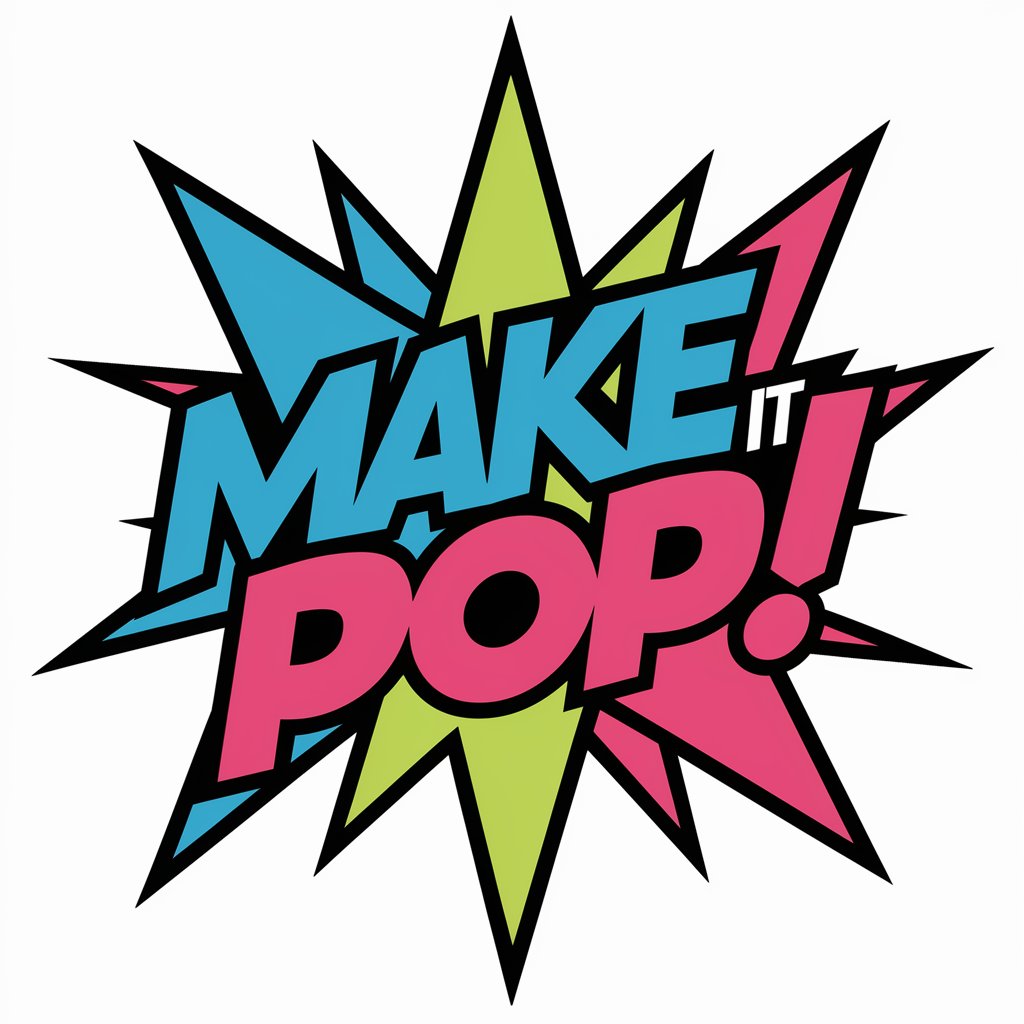
🖥️ Codepilot
Streamline Your Workflow with AI
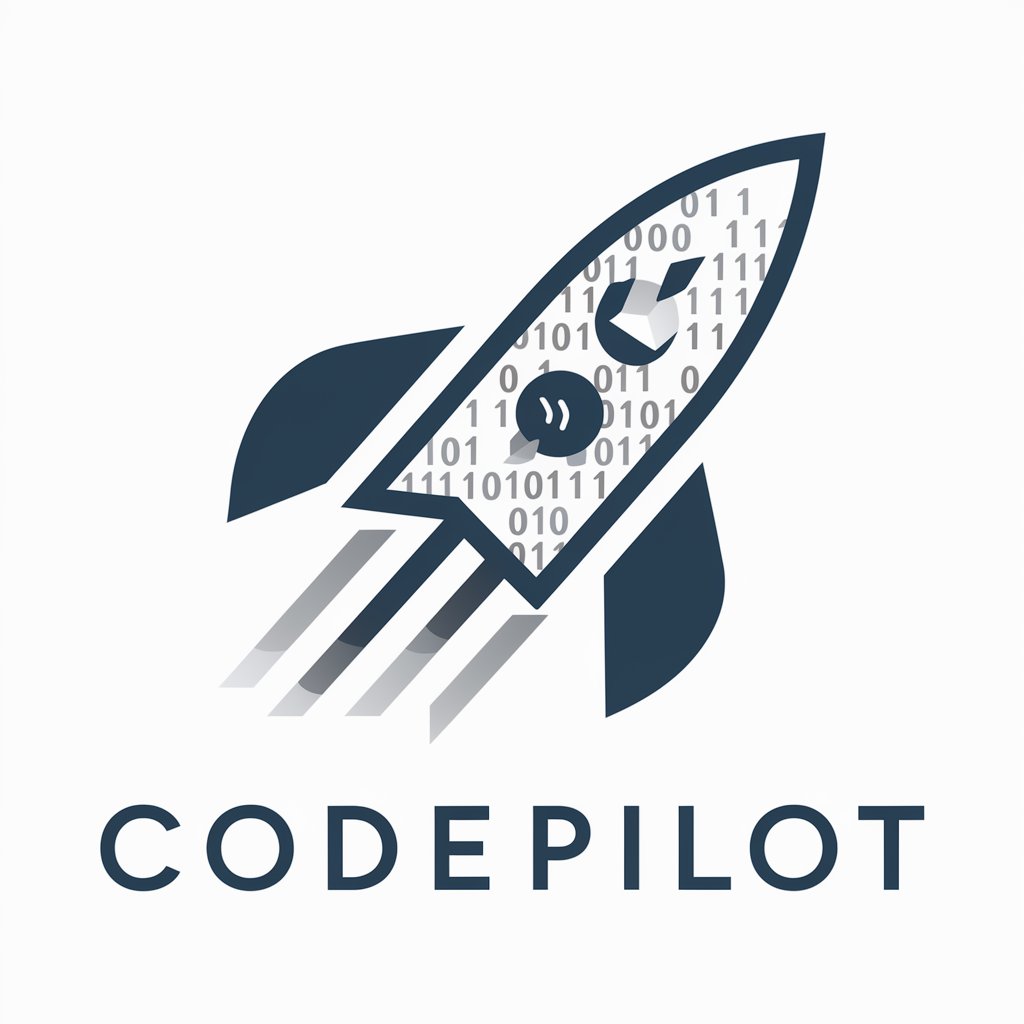
Frequently Asked Questions about Mental Health Education
What is Mental Health Education designed for?
Mental Health Education is designed to support mental health professionals by providing informational resources, evidence-based research, and updates on treatment modalities. It serves as a supplementary aid in professional practice.
Can this tool diagnose mental health conditions?
No, this tool cannot diagnose mental health conditions. It's designed to provide information and support to professionals, not to replace clinical judgment or personal diagnosis.
How can Mental Health Education assist in crisis management?
It offers guidelines and strategies for handling mental health crises, including de-escalation techniques, suicide prevention, and immediate steps to take in crisis situations.
Does Mental Health Education cover wellness strategies?
Yes, it includes information on wellness strategies such as lifestyle adjustments, stress reduction techniques, mindfulness, and self-care practices to support mental well-being.
How frequently is the content updated?
Content is regularly updated to reflect the latest findings, developments in mental health research, and emerging treatment techniques to ensure users have access to current information.
